By Tamunodie Preye
The preceding scenario captures what Nsima Ekere, the managing director of the Niger Delta Development Commission (NDDC), brought in when President Muhammadu Buhari appointed him in November 2016. Ekere was visibly unsatisfied with the situation of the south-south region generally. He was piqued at the degradation of the region and the fact that succeeding governments did little to change the narratives. But more importantly, he was angry at the self-destructive violence that had become a feature of daily living in the region.
A new strategy for regional development predicated on securing peace and preserving the environment is currently unfolding in the oil-rich region. This has been articulated and developed into a blueprint by the NDDC under its new management.
The NDDC is re-inventing itself and trying to wean itself from the years of rudderless leaderships. It is repositioning to become a responsive and responsible institution the Niger Delta can look up to for solving its lingering problems. Unlike in previous years when the commission’s budgets were prepared for political patronage and not to deliver services to the people, the commission in the last one and a half years has implemented budgets that are pro-people.
A new regime of a people-oriented leadership is now in place, and the years of the locust maybe over eventually. Improving the welfare of the youths is now the new song at the NDDC. The youths and what affects them have taken the central focus, and there is now a true breath of fresh air.
An ample illustration of the new atmosphere pervading the region is the gradual but sure return of peace to the region. Violence and militancy have taken the backstage and the struggle has become properly focused on the development of the region.
There is no doubt that the credit would also go to some of the state governors in the region who have integrated the youths into their administrations’ framework: they have also done a lot to educate the people on the futility of violence.
Achieving a new mindset in the region has however not come easy. The management has had to grapple with some initial challenges. In a revealing interview published in the Vanguard of March 5, Ekere stated: “First of all is the institutional resistance to change, which is normal. A lot of people have become used to doing things in a certain way; they wouldn’t be very pleased that you now demand a new attitude. And second, you also have political interferences here and there. You want to go a certain way, (and it) may not be politically correct to do that. So you always have to juggle and balance all of these issues. And then the major problem of the Niger Delta which has affected the commission, if you ask me, is the attitude of some of our stakeholders and the youths particularly. They have this sense of entitlement that this place was meant for them, so why are you trying to stop us from ‘chopping’ our money? That is not an easy thing to do and that is why it is not an easy thing to contain. But we are doing the best we can to try and put all of these things to check, and build up the region and the commission.”
The NDDC chief executive remarked that investors need maximum security, and charged the leaders to advise the youths of the Niger Delta to understand that security would allow more businesses to operate from the region and thus create more jobs for them. Ekere regretted that the world’s biggest refinery is being built in Lagos by a private investor.
He said: “Millions of dollars will be used to construct pipelines to take the crude from the Niger Delta to Lagos. You can imagine the number of jobs that will be created if those facilities were to be built in the Niger Delta! Imagine the multiplier effect in the economy!”
The NDDC boss declared that the current board of the commission had been working very hard to change the story of the interventionist agency since it took over 15 months ago.
It should be noted that insecurity increases investment costs globally. And in a region as volatile as the Niger Delta, the cost is even higher. This therefore underscores the need for all and sundry to pursue collective peace to sustain the unfolding tranquility in the region.









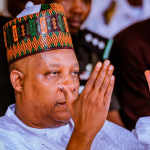


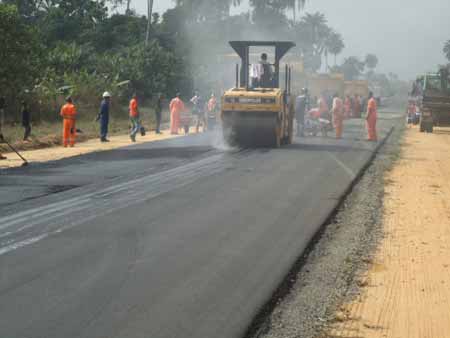







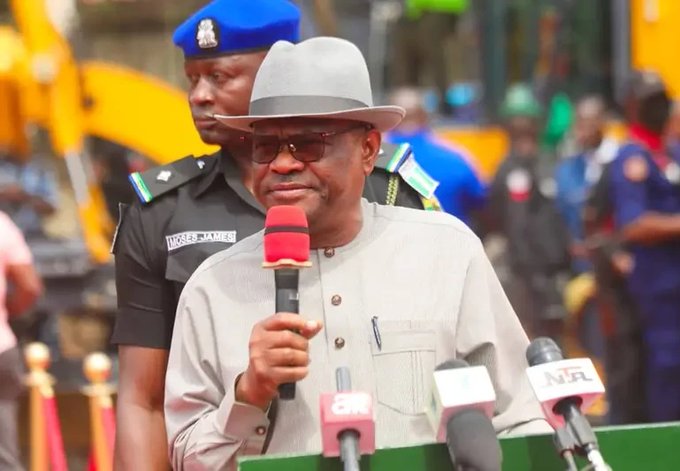

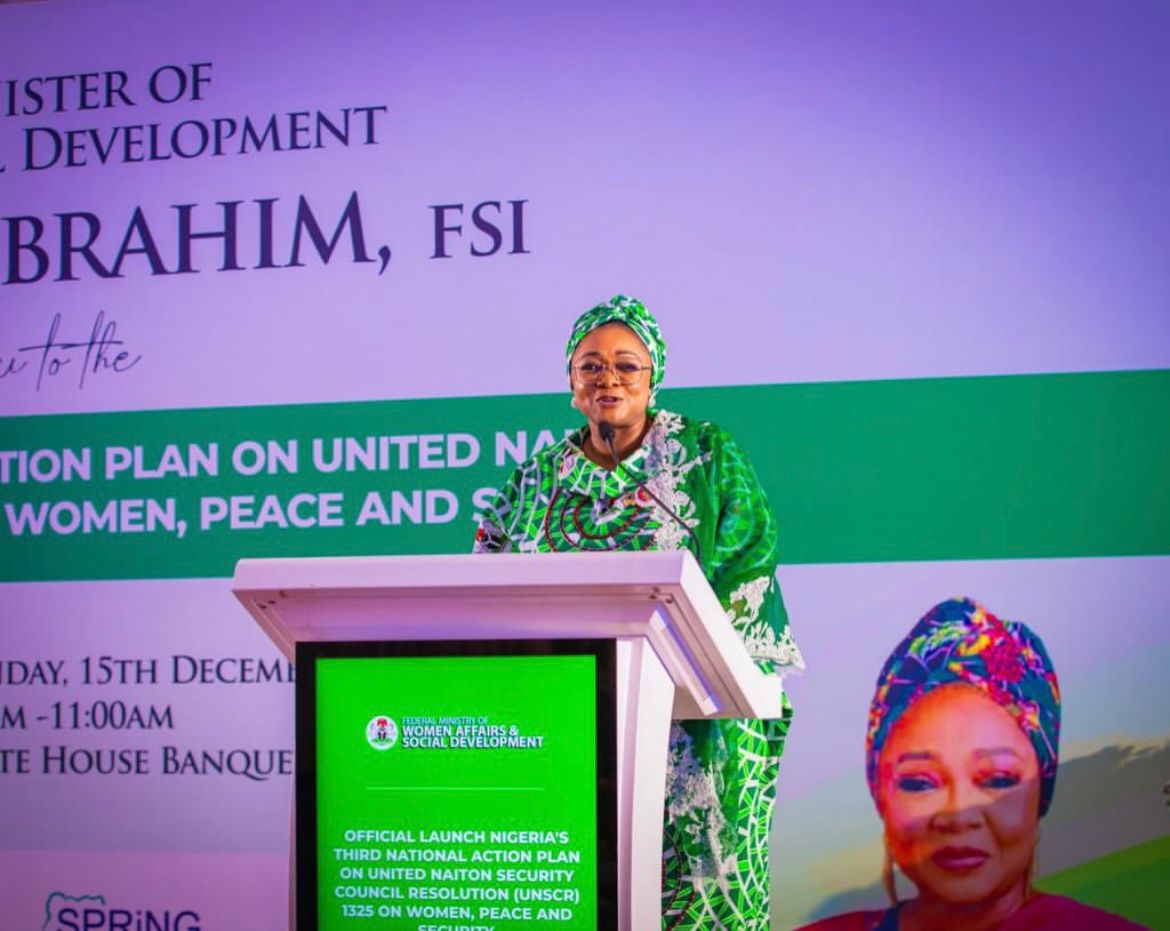
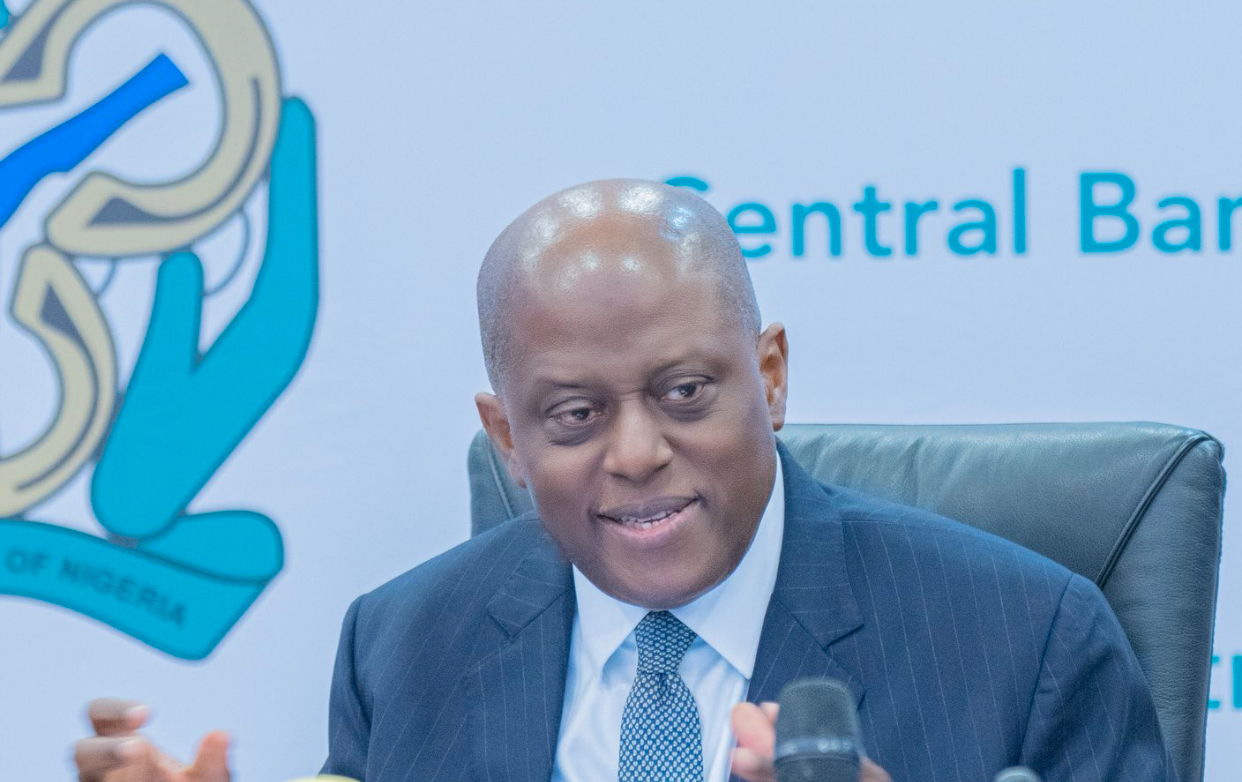
Leave a comment